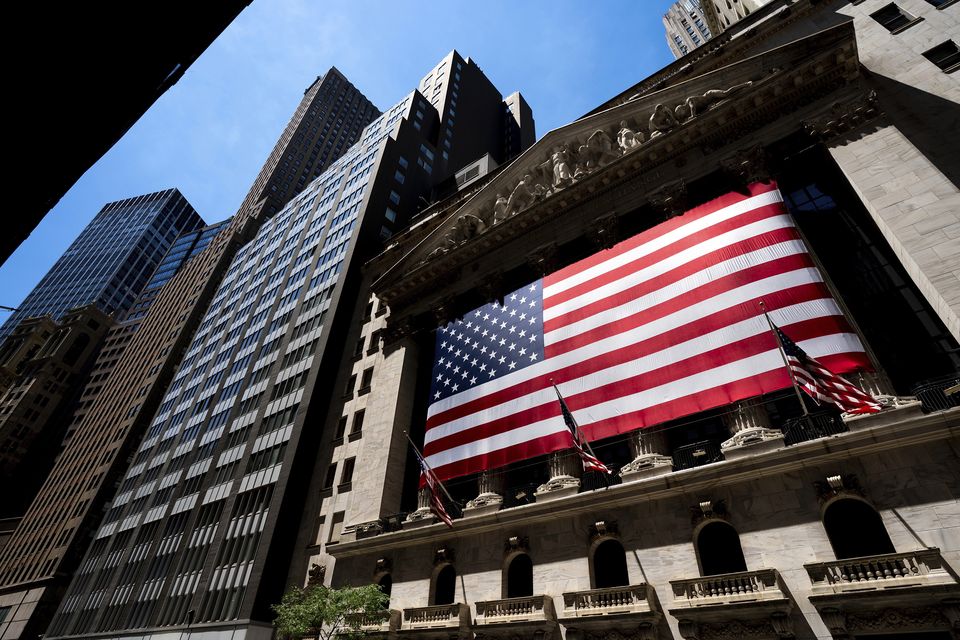NAAC in January told shareholders that it would be liquidated and their cash returned. Photo: AP Photo/Julia Nikhinson
Irish businessman Gary Quin, who spearheaded an ultimately doomed effort to cement a deal last year with a $400m (€378m) Spac, has been appointed a special adviser to New York-based boutique investment bank Cohen & Company Capital Markets.
He is leading the company’s presence in Europe. The Cohen & Company parent firm is listed in the New York Stock Exchange. Last year, the group generated revenue of $44m and posted a loss of almost $59m, with $13.4m of that loss attributable to Cohen & Company. Its revenue in 2021 was $146m, when it made a $74m profit.
Mr Quin is a seasoned finance executive and in early 2021 he floated the North Atlantic Acquisition Corporation (NAAC) on the stock market in the United States, raising $400m. The firm, where Mr Quin was chief executive, was a special purpose acquisition company (Spac), or so-called blank cheque firm, that uses such flotation proceeds to hunt for a merger or acquisition.
Mr Quin is a former vice-chairman at Credit Suisse and has worked on a number of significant international deals.
Another key co-founder of NAAC was Irish businessman Patrick Doran. Mr Doran sold his Dublin-based packaging company Americk in 2016 to Spanish group Saica. He then established Woodberry Capital, a private investment firm.
NAAC was one of dozens of Spacs that were established over the past few years as investors flush with cash in a low interest environment sought better returns on their money.
However, sentiment towards the speculative vehicles later soured, with billions of dollars worth of potential deals shelved.
NAAC had planned to merge in 2022 with US-based tech business Telesign, which is owned by Belgian mobile phone company Proximus.
That deal valued Telesign at more than $1.7bn including cash from NAAC. Proximus would have retained a 66pc stake in Telesign. NAAC shareholders would have owned 22pc of the merged entity, while 4.9pc would have been split between NAAC’s founders.
That would have made for a huge payday for founders including Mr Quin and Mr Doran, who stumped up just $25,000 for their founding shares. They controlled 20pc of the total outstanding shares in NAAC.
But the deal collapsed months later. NAAC was later poised to ask its investors for more time to seal a transaction. However, in January this year the company told shareholders that it would be liquidated and their cash returned.






